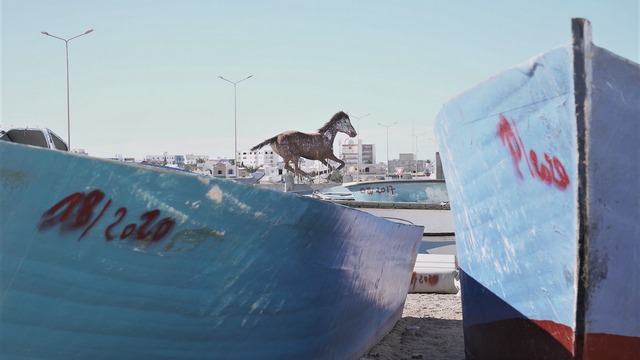Indigenous Data Lifecycles for Indigenous Futures
Dr. Keolu Fox, Asst. Professor, Dept. of Anthropology, UCSD This speaker will be presenting in person. Indigenous Data Lifecycles for Indigenous Futures Abstract: According to The Economist, in 2018 oil was the most-traded commodity in the world. But in 2019, the demand for oil had been surpassed by the demand for data, including digital sequence information (DSI) […]




